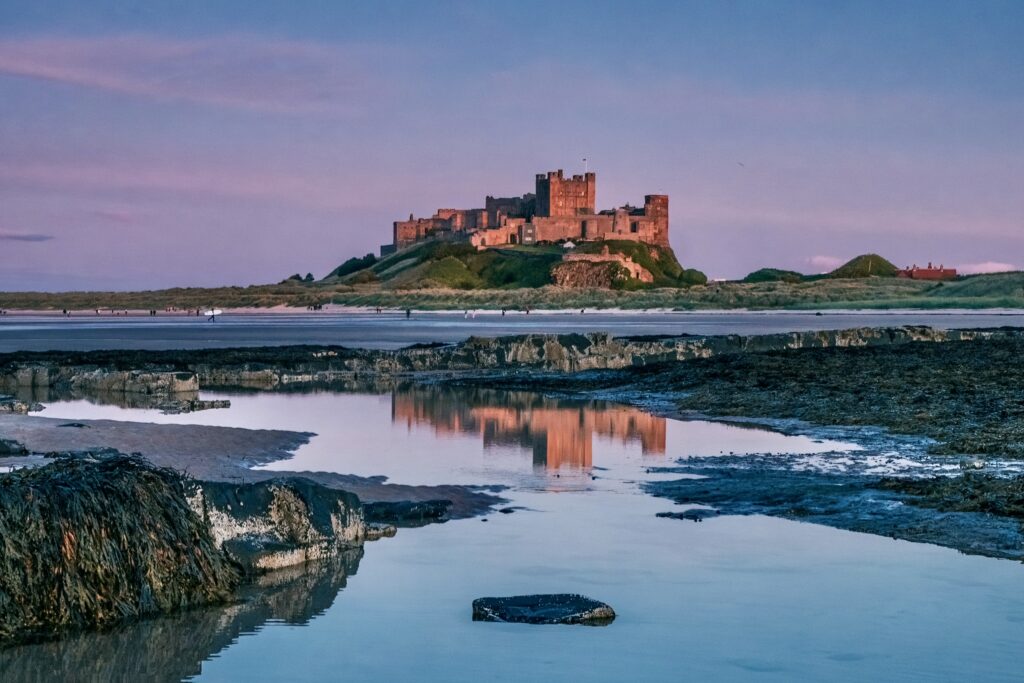August 8th, 2023
THE DUKE OF NORTHUMBERLAND, ISLEWORTH ALLOTMENTS, AND A COMMUNITY’S UNWAVERING RESISTANCE
Grassroots Triumph
In the heart of the Isleworth Riverside Conservation Area lies a green treasure: the historic Park Road Allotments, one of London’s oldest. Five years ago, the Duke of Northumberland, the UK’s sixth richest person, attempted to replace this beloved local green space with 80 private homes and substantial parking space. This existential threat spurred the Isleworth Society and Environmental Law Foundation (ELF) into action, securing pro-bono legal help to fend off the planning application.
What followed was a triumphant example of grassroots mobilisation and local resistance. A media campaign, supported by local MPs like Ruth Cadbury, councillors such as Salman Shaheen, and the Isleworth Society, was launched. It generated significant attention, with nearly 1,000 objection letters penned and numerous demonstrations held to protect this historic site.
In the face of mounting pressure and widespread media coverage, the Duke’s appeals were ultimately dismissed. But this victory was not just about preserving an allotment; it was about upholding the values of community, heritage, and environmental justice.
The Community’s Fight for Environmental Justice
Fast forward to the present, and the Duke of Northumberland has once again set his sights on the Isleworth Allotments. His renewed appeal against refusal of planning permission, took place last week and came amid an even stronger community backlash. The Isleworth Society once again played a significant role by taking Rule 6 Status. This time the Allotment Holders also took Rule 6 status. The campaign to preserve the allotments has garnered substantial media attention, with stories highlighting the mental health benefits of allotment holders, the historic significance of the area, and the community’s vehement resistance to the proposed development. The allotments are designated Local Open Space and are registered as a Community Asset.
Despite the Duke’s wealth and resources, the power of local resistance has proved formidable. The Aarhus Convention, which upholds the public’s right to participate in decisions that impact the environment, serves as a beacon of hope. . As the community have once again stood against the Duke’s appeal, the Isleworth Society and ELF are reminding us that environmental justice is not just a theoretical right; it’s a powerful tool that communities can wield to protect their heritage and environment.
The story of Isleworth is an inspirational tale of a community’s resilience in the face of adversity. Allotment holder Grace Gray calls her plot a “lifesaver,” a testament to the immense personal and community value of these green spaces.
This appeal serves as a timely reminder that public rights regarding access to information, public participation, and access to justice in environmental matters as laid out by the Aarhus Convention (link to report) are not just theoretical – they have real, tangible impacts on the ground. Access to these rights must be protected.
Preserving Heritage Amidst the Claws of Wealth
In this tale of what feels like ‘David vs Goliath, Round Two,’ the stakes are high, but so is the spirit of the community. The story of Isleworth is not just about preserving an allotment; it is about safeguarding local heritage, ensuring environmental justice, and demonstrating that even in the face of immense wealth and power, the voice of the community will be heard.
With round two completed, we must now wait till September for the closing statements from the parties. The Inspector’s decision will follow thereafter. Win or lose, the local community know they have been able to give it their best shot. With many thanks to the legal team from 1COR, Rajkiran (Kiran) Barhey and Lucy McCann, without whose significant support throughout, the Isleworth Society would not have been able to put in such strong representations. ELF is proud of their contribution. ICOR have always supported the communities that ELF refers to them and more especially in the Public Inquiry setting. For which we at ELF are enormously grateful.
Consider donating to help us continue fighting for environmental rights.
The work that we do is powered by people like you. If you’d like to support us, as we help grassroots organisations fight for environmental justice, you can do so by donating here.
